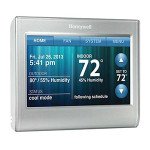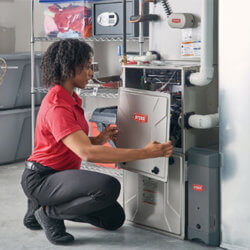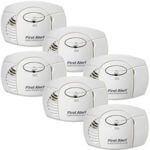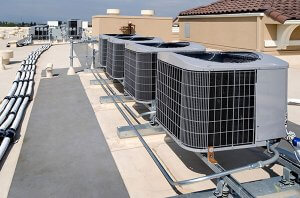
As the seasons begin to change, it is helpful to be familiar with the differences between residential and commercial HVAC systems. Regardless of what type of HVAC system you have, ensure it is working optimally to maintain your comfort. Residential and commercial HVAC systems have different components that make them better suited to their environments. Obviously, residential systems are built primarily for houses and apartments, while commercial HVAC systems are adaptable to a range of larger business spaces.
To learn more information on the primary differences between residential and commercial HVAC systems or to request a quote from our heating & air conditioning specialists in St. Louis, Missouri, give us a call at 314-993-1110.
What Are the Main Differences Between Residential and Commercial HVAC Systems?
Understanding the primary differences between residential and commercial HVAC systems can help you make an informed decision about which heating and cooling system is best for you. We put together a quick list of the main differences between most residential and commercial HVAC systems:
- Equipment Needed – Generally, a residential unit has two components: indoor and outdoor. In contrast, a commercial HVAC unit can have a range of different equipment such as dampers, blowers, and multiple thermostats; these work together to alter the temperature of different zones in a commercial setting.
- Power Consumption – A commercial heating and cooling system will use a great deal more power than its residential counterpart. While size is a big factor here, other aspects such as peak usage times can greatly influence power consumption. Square footage is another factor that eats up power, generally, the lower the square footage, the less power a system will use.
- Drainage Requirements – Drainage for a residential unit usually consists of a single pan placed near the system to collect condensation runoff. This is not the case for commercial HVAC systems, which require significantly more complex drainage systems to accommodate larger instances of evaporation and condensation.
- Maintenance Requirements – Generally, residential HVAC units are easy to maintain. They need limited maintenance, which consists of changing filters and a yearly checkup. A commercial system requires more attention due the complex nature of its systems and the physical size of the unit. Unsurprisingly, commercial HVAC units cost a good deal more to maintain compared to residential units.
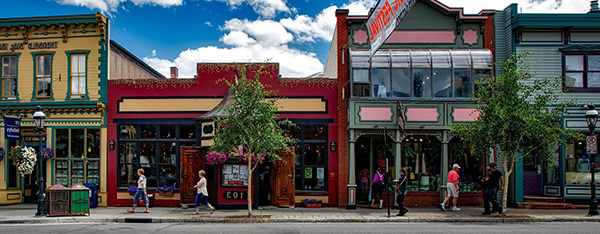
Speak with an HVAC Contractor to Determine the Best System for You
Sometimes it is obvious what type of HVAC system will work best for you. But in other cases, it is not so clear. Think of a small shop that consists of a front room and a back office, does this space need a commercial or residential unit? Your best course of action is to speak with a professional to determine what equipment best suits your space.
Choose Galmiche for Trustworthy Residential & Commercial HVAC Systems & Service
With decades of experience, we have become the trusted name for heating & air conditioning sales, installation, and service in St. Louis. Whether you need help selecting a new HVAC system or you need maintenance and repair for your existing system, give us a call today at 314-993-1110 and let us help you with all of your HVAC needs.



